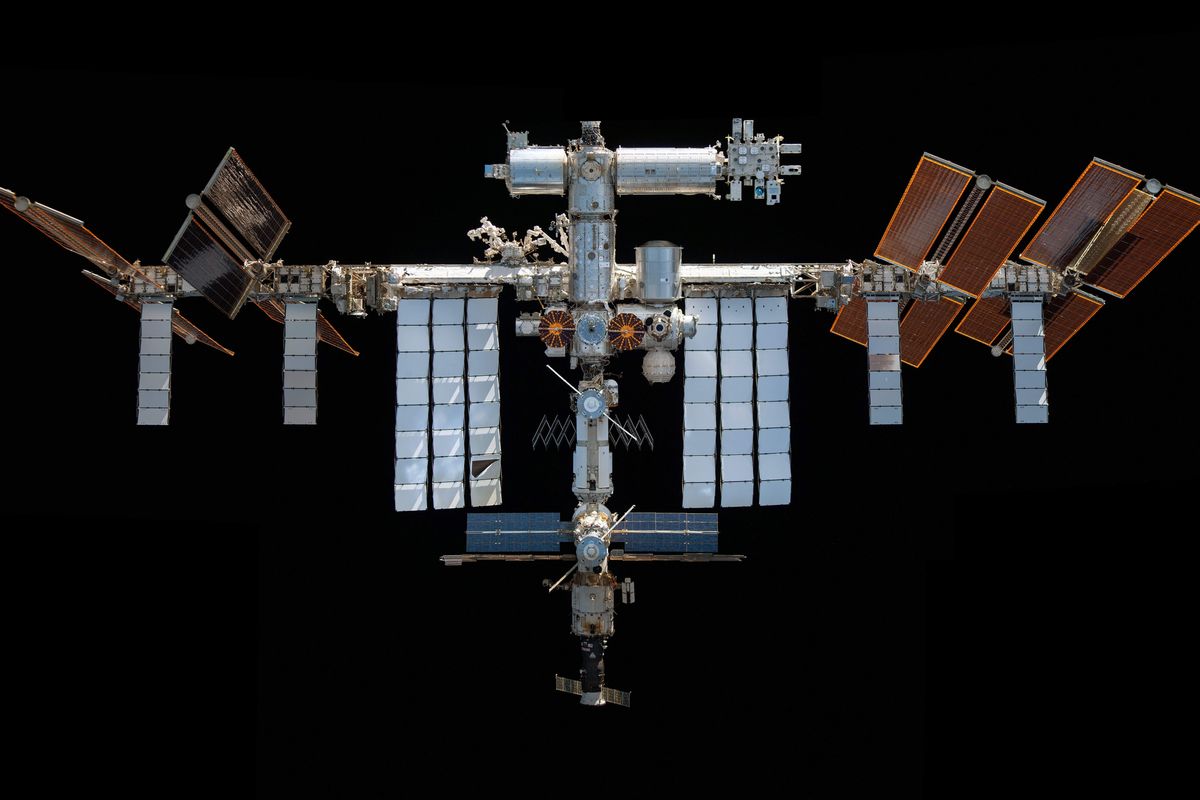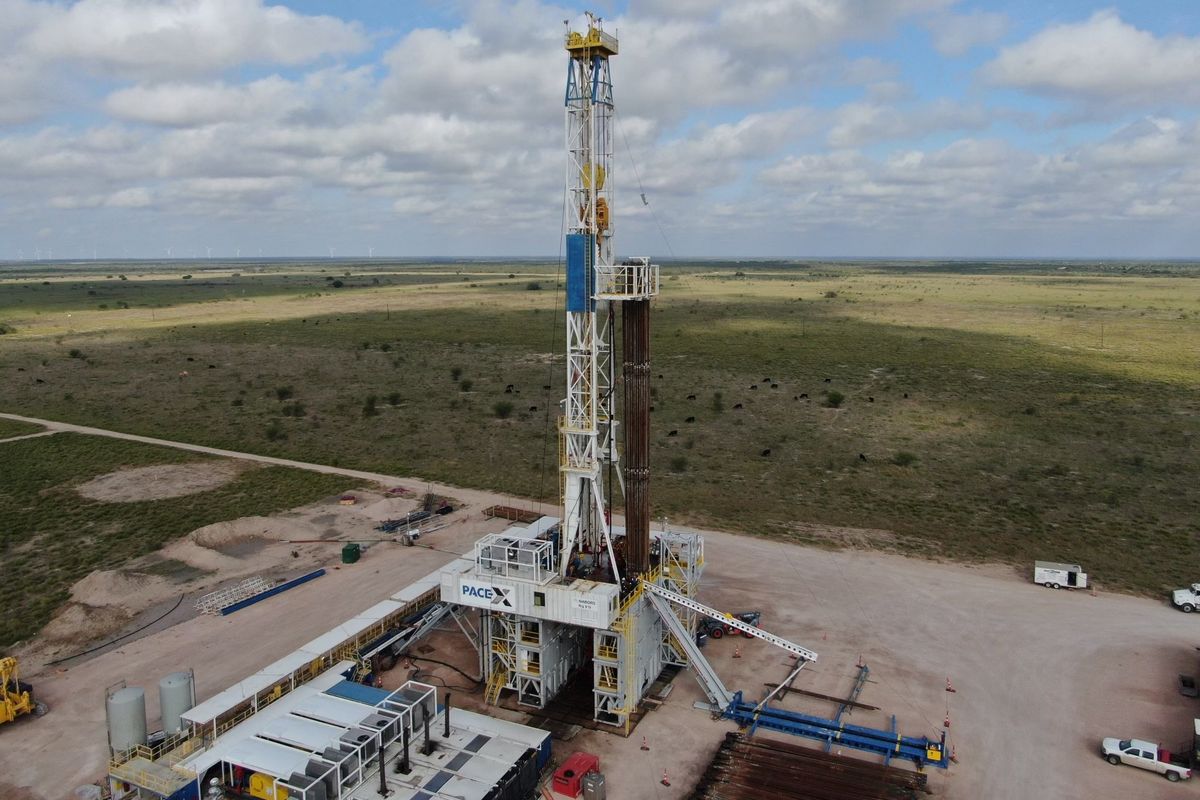Exploration Park, the 240-acre research and commercial institute at NASA's Johnson Space Center, is ready for launch.
Facilities at the property have broken ground, according to a recent episode of NASA's Houston We Have a Podcast, with a completion date targeted for Q4 2026.
The research park has also added Houston-based KBR to its list of tenants. According to a news release from the Greater Houston Partnership, the human spaceflight and aerospace services company will operate a 45,000-square-foot food innovation lab at Exploration Park. KBR will use the facility to focus on customized food systems, packaging and nutrition for the low Earth orbit economy.
“Exploration Park is designed for companies in the space ecosystem, such as KBR, to develop, produce, and deploy innovative new technologies that support space exploration and commerce,” Simon Shewmaker, head of development at ACMI Properties, the developer behind Exploration Park, said in the GHP release. “This project is moving expeditiously, and we’re thrilled to sign such an innovative partner in KBR, reflecting our shared commitment to building the essential infrastructure of tomorrow for the next generation of space innovators and explorers.”
NASA introduced the concept of a collaborative hub for academic, commercial and international partners focused on spaceflight in 2023. It signed leases with the American Center for Manufacturing and Innovation and the Texas A&M University System for the previously unused space at JSC last year.
“For more than 60 years, NASA Johnson has been the hub of human space exploration,” Vanessa Wyche, NASA Johnson Space Center Director, said in a statement at the time. “This Space Systems Campus will be a significant component within our objectives for a robust and durable space economy that will benefit not only the nation’s efforts to explore the Moon, Mars and the asteroids, but all of humanity as the benefits of space exploration research roll home to Earth.”
Texas A&M is developing the $200 million Texas A&M Space Institute, funded by the Texas Space Commission, at the center of the park. The facility broke ground last year and will focus on academic, government and commercial collaboration, as well as workforce training programs. ACMI is developing the facilities at Exploration Park.
Once completed, Exploration Park is expected to feature at least 20 build-to-suit facilities over at least 1.5 million square feet. It will offer research and development space, laboratories, clean rooms, office space and light manufacturing capabilities for the aerospace, robotics, life support systems, advanced manufacturing and artificial intelligence industries.
According to the GHP, Griffin Partners has also been selected to serve as the co-developer of Exploration Park. Gensler is leading the design and Walter P Moore is overseeing civil engineering.






 Apple doubles down on Houston with new production facility, training center Photo courtesy Apple.
Apple doubles down on Houston with new production facility, training center Photo courtesy Apple.